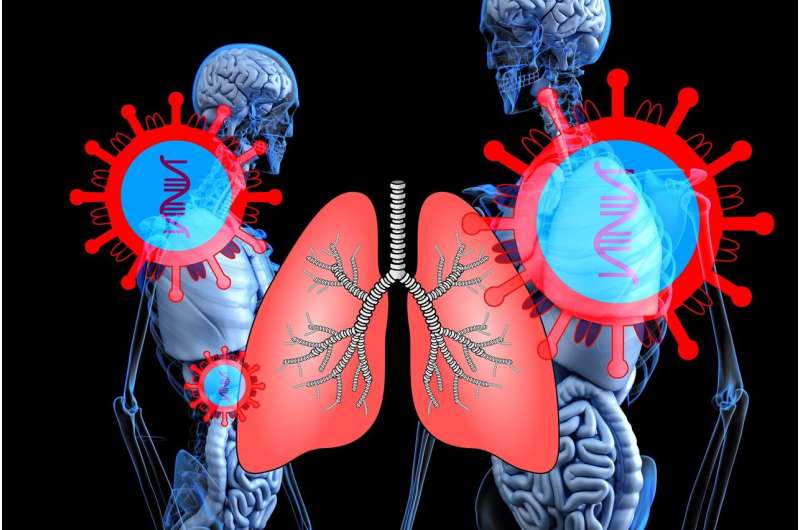The Role of Fetal Autopsies in Preventing Stillbirths and Addressing Society’s Blame

Fetal autopsies are essential for understanding and preventing stillbirths but are underutilized and wrongly used to blame mothers, especially in criminal cases. Improving access and expertise is key to better outcomes.
Fetal autopsies are a crucial tool in understanding the causes of stillbirths, yet they remain underused, with only about 20% of over 20,000 annual cases in the U.S. undergoing this comprehensive procedure. Typically regarded as the gold standard for post-mortem diagnosis, fetal autopsies involve detailed evaluations including X-rays, external examinations, internal organ assessments, and tissue sampling. Despite their importance, numerous barriers—such as high costs (ranging from $1,500 to $5,000), lack of insurance coverage, and limited availability of specialized pathologists—limit their accessibility.
This scarcity hampers efforts to gather accurate data on stillbirth causes, which is vital for developing prevention strategies. Women with higher education levels are more likely to consent to autopsies, whereas lower-income women face double the risk of stillbirth without comparable investigative support. Moreover, healthcare providers often lack sufficient knowledge and compassionate counseling skills, influencing parental decisions negatively.
An alarming issue is the disproportionate use of autopsies in criminal cases, often to infer fault in pregnancy loss. Such use is problematic because these autopsies are frequently performed by unqualified or underqualified professionals, leading to incorrect conclusions about causation. High-profile cases highlight how autopsies, performed by non-specialists, can wrongly implicate mothers, reinforcing harmful biases especially against marginalized communities.
The misconception of inevitability surrounding stillbirths hampers prevention efforts. While early pregnancy losses (miscarriages) are often caused by chromosomal abnormalities, most stillbirths after 28 weeks are attributable to other factors, many of which are preventable. Nonetheless, the U.S. ranks poorly globally in reducing stillbirth rates and faces disparities, with Black women experiencing twice the risk compared to white women.
Addressing these challenges is essential. Increasing the availability of qualified pathologists, promoting compassionate counseling, and ensuring coverage for autopsies can improve data accuracy and foster preventative measures. Furthermore, reducing the misuse of fetal autopsies as criminal evidence is critical to protect maternal rights and curb unjust blame.
Source: https://medicalxpress.com/news/2025-08-fetal-autopsies-stillbirths-blame-mothers.html
Stay Updated with Mia's Feed
Get the latest health & wellness insights delivered straight to your inbox.
Related Articles
Initiatives to Eliminate Race-Based Bias in Lung Function Testing
Efforts are intensifying to remove race-based adjustments from lung function testing, aiming for fairer and more accurate pulmonary assessments based on environmental and social factors. leading to updates in medical guidelines and disability evaluations.
New Research Reveals Fixed Time Windows in How Our Brain Processes Speech
New neuroscience research reveals that the human auditory cortex processes speech within fixed millisecond-scale time windows, providing insights into how our brain interprets language beyond speech speed variations.
New Global Framework Pioneers Precision Medicine in Sepsis and Critical Care
Recent studies in *Nature Medicine* introduce a unified molecular framework for sepsis, paving the way for precision medicine and targeted therapies in critical care.



